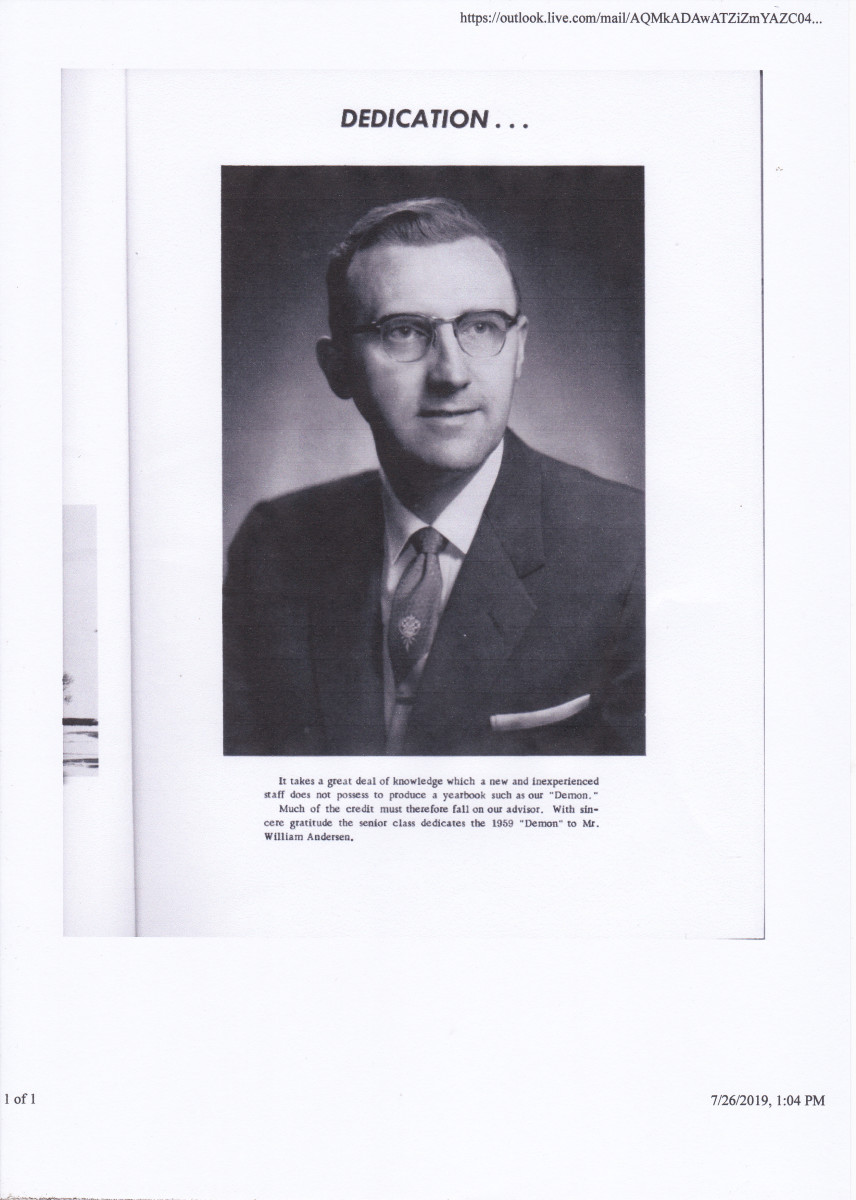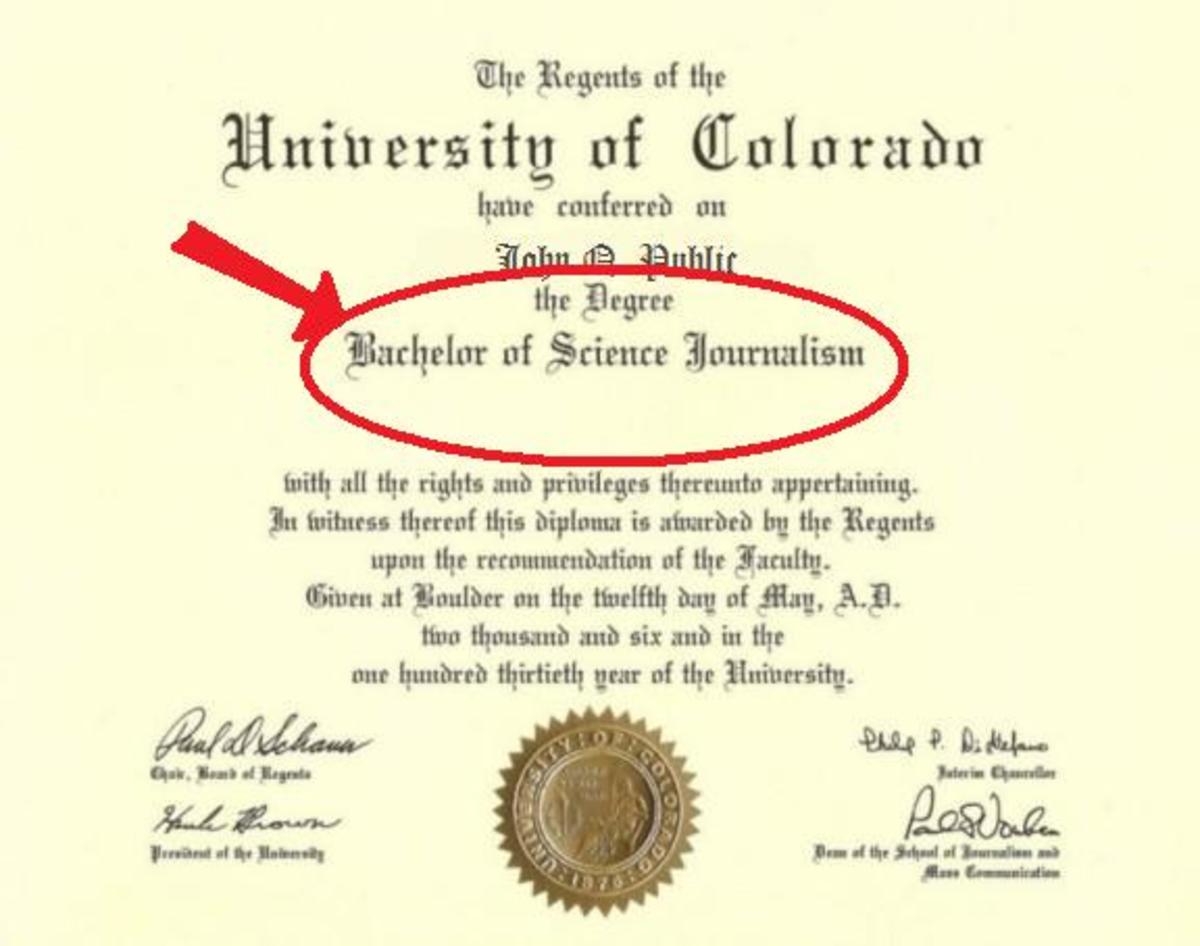What can you do with a Psychology degree?
Introduction
I remember entering my first major Psychology course thinking, "I cannot wait to get a job doing something to help people." However, in the second lecture my professor covered the various job opportunities that people with a Bachelor's degree in Psychology can obtain, and the list was pretty depressing. The fact is, that many jobs that are available to Psychology majors are not all directly involved with patients. I had been told so often that I would have to go farther to do anything "meaningful" in Psychology. However, that is could not be farther from the truth.

Thinking Outside the Box
I started to think outside the box at this point in my undergraduate career, because I was determined that a Psychology degree was going to be useful. In doing so I found that many job opportunities can be found for Psychology degree holders if they are creative with their degree.
As a Psychology major, you understand how the mind works. You have taken classes in various areas of Psychology, so you should have an understanding of human behavior and how that behavior can be affected. This should be the base of your thinking. Most undergraduate programs in Psychology do not train people to do therapy or even introduce students to patient care. This is the main reason why they are not able to get jobs on the forefront of patient care. Begin to brainstorm some things that you think you could do with the knowledge that you have obtained. Don't just concentrate on major classes either, as most psychology degrees require studying a diverse group of disciplines.
My Ideas
With a decent knowledge of human behavior, you can be valuable to a number of occupations. My first "go to" is always management. As a business minor, I had to take a class on management, and the material was so familiar to me that I didn't even need the book to get an "A" in the class. Management is basically Psychology applied to the workplace. Motivation, reinforcement, behavior, and language are all areas that management and psychology overlap. Therefore, in my experience, Psychology majors make for great, effective managers.
The next occupation that comes to mind is human resources(HR). While related to management, human resources is different because you are more involved with people within the workplace. Psychology majors are great for HR positions because they typically understand how to handle tough, stressful situations that a person from another discipline may not be able to handle. Psychology majors often have taken a class on behavior and learning, therefore they understand how behavior is influenced by the person's past experiences. Psychology majors also typically have experience reading research articles, which are typically very dry, so reading through insurance information and policy would not be a reach for them.
Finally, the last occupation on my list is teaching. Sure, most Psychology majors know that teaching is an option, but they typically do not like this idea. After all, if they wanted to teach they could have majored in education, right? However, it is my experience that majors of other areas make for great high school teachers. Think about it, psychology majors typically have training in a wide variety of disciplines that can all be helpful to a teacher. In most states, high school teachers are required to have at least a bachelor's degree and must become certified to teach in the subject that they wish to teach. The Psychology major's knowledge of psychological phenomena help their teaching, because they understand how the brain works. Also, many programs include a child/adolescent psychology or developmental psychology, that will help when teaching students.

...but I really want to help people
If you have done your own brainstorming and you still find yourself yearning to help people, then you are not alone. Many people choose Psychology as a major because they want to help people with mental illness. This is still possible.
The first possibility might be for you to accept that you will need to go to graduate school in order to truly find a job where you will be satisfied. Graduate school is not the end of the world and can typically mean more pay in the long run.
Options for graduate study are numerous. You may find yourself drawn to Counseling, Social Work, or even Psychology. All of these fields require at least a master's degree to really reap the full benefits of the occupation. Counseling is often a terminal master's degree, meaning you can get a job when you are finished, as a licensed counselor. Social work is the same thing, though there is a bachelor degree of social work, but you already have a bachelor's degree, so no need to go through that again. To be a licensed psychologist you must have a doctoral degree, however a person with a master's degree in some disciplines can sometimes lead to licensure as a counselor or mental health specialist (see your state board's laws and regulations).
I am not going back to school!
If you are adamant about not going back to school, but you want to help people directly there are some places that will hire people with a bachelor's degree in psychology as a mental health technician (MHT). An MHT generally is the person on an inpatient or outpatient psychiatric hospital that directly helps the patient. This can range from small behavioral interventions, transportation, and help with activities of day living. This is how I "got my foot in the door" so to speak. Six months after I started at the psychiatric hospital as an MHT, I received a promotion to admissions. This is the best way to get into the field that you love.
Not all people are willing to start at the bottom, especially now-a-days, because people think that a degree entitles them to a better job. However, this is a misconception. A degree may open doors for you, but if you have no experience in a field you will have to start from the bottom to show that you have what it takes to be at the top.
Conclusion
In conclusion, there are many occupations that a Psychology degree can be useful in, however the path may not always be straight and narrow. One of the most important thinngs to remember as you go further is that the path is not always perfect. You have to take control and be creative in ways that others have not thought of before. If you think you would be good at a job and you have the qualifications, apply and show the person hiring that you would be excellent for that position.
If you have any questions, comments, or something to add, feel free to comment! Especially if you believe Psychology majors belong in an area I did not mention, let me know why you think so in the comments!
For more information on Psychology, specifically graduate school, check out more of my Hubs as they are published.
Until next time,
Dylan R. Richard, BS.








